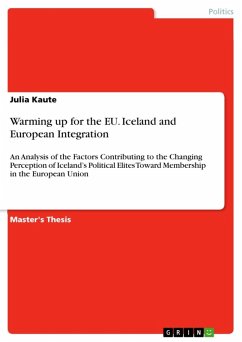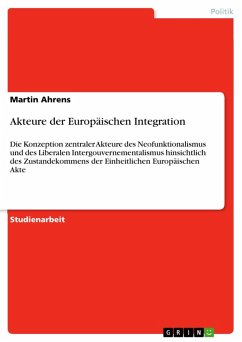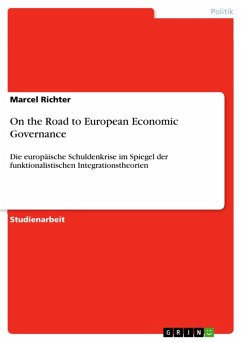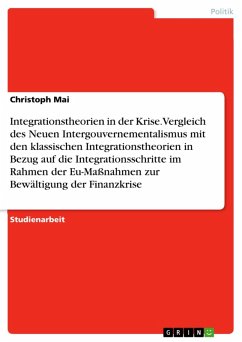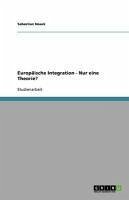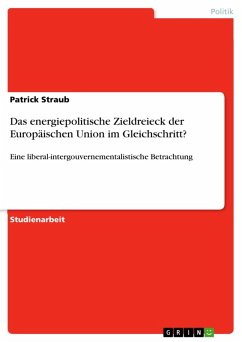Seminar paper from the year 2009 in the subject Politics - Topic: European Union, grade: 2,0, University of Bamberg (Lehrstuhl für Politikwissenschaft, insb. Internationale Beziehungen), course: European Integration, language: English, abstract: The topic of this term paper deals with the Maastricht Treaty which came into force in November 1993 and created the European Union. I will examine in particular the negotiations between the member states of the EU, which led to the ratification of the treaty. The reason for choosing this subject was on the one hand a presentation about the negotiations of the treaty and the integration theory which can explain best the results. I gave it within the scope of a seminar about European Integration during the summer term 2009. The Maastricht Treaty is, on the other hand, certainly a milestone of the European Integration and therefore an important and interesting topic to write about. The research question is the following: is the Maastricht treaty a result of rational state preferences? Therefore I will analyze the negotiations with the integration theory of Liberal Intergovernementalism (in the following abbreviated "LI") because the approach of LI is far better suitable to examine such a question than, for example, the theory of Neofunctionalism. The term paper is divided in three parts: the first part is about the used integration theory, the LI. I will give a general explanation of the main features of this theory and about the theory that states are acting in a rational manner. The second section is the main part. This chapter has the focus on the negotiations of the Maastricht Treaty between the member states of the EG. The positions of three nations during these negotiations will be viewed: Germany, Great Britain and France. It is obviously that a consideration of all projects which were on the agenda of the negotiations would go beyond the scope of his work. Therefore I will focus my attention on the Economic and Monetary Union. Within this project the negotiating positions of the states mentioned above will be analyzed in regard to find out if the individual positions are the outcome of rational state preferences. The third and last part will be the conclusion. There I will give a summary of the results of the analysis undertaken in the main part and the research question will be answered.
Dieser Download kann aus rechtlichen Gründen nur mit Rechnungsadresse in A, B, BG, CY, CZ, D, DK, EW, E, FIN, F, GR, HR, H, IRL, I, LT, L, LR, M, NL, PL, P, R, S, SLO, SK ausgeliefert werden.
Hinweis: Dieser Artikel kann nur an eine deutsche Lieferadresse ausgeliefert werden.



